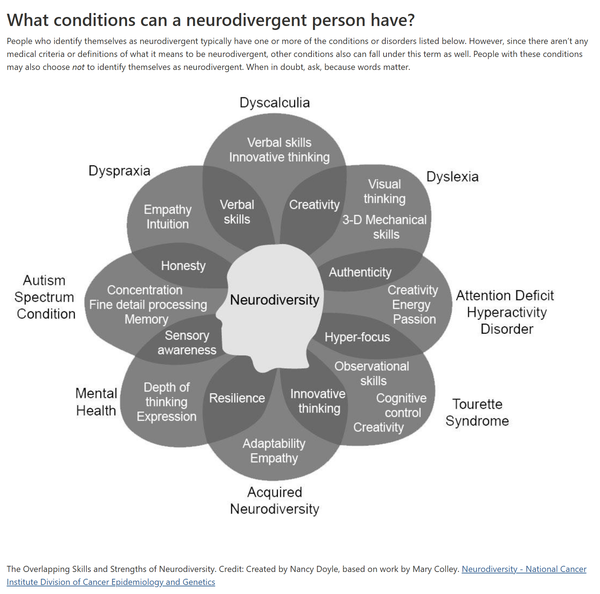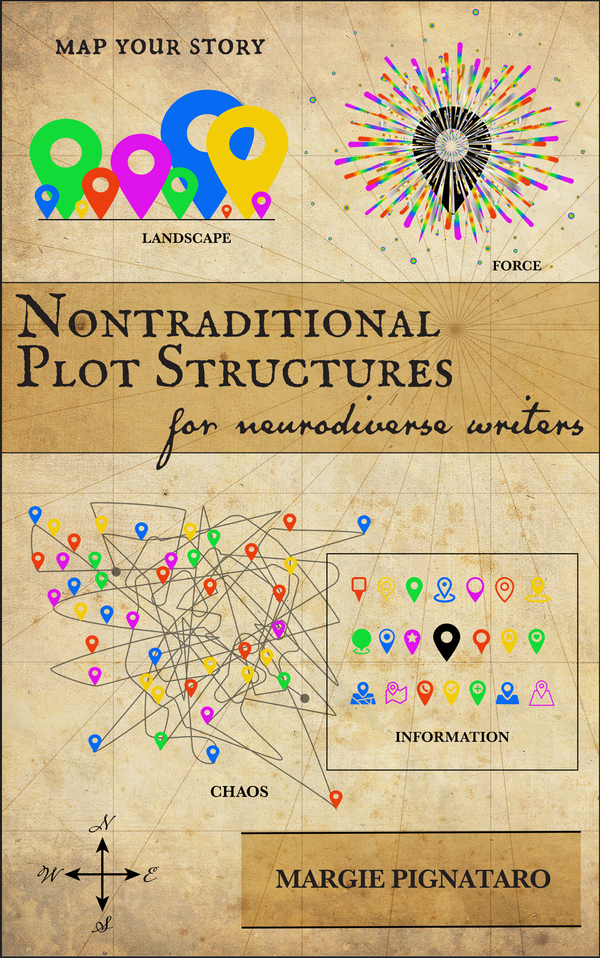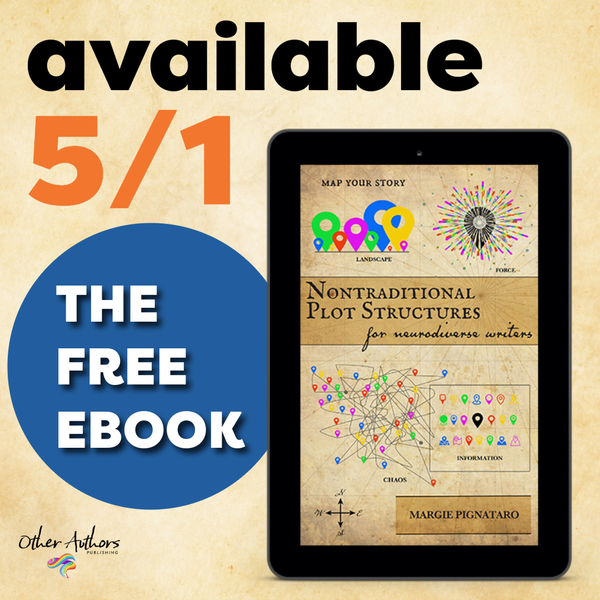PROFESSOR DAVID RUSH TAUGHT ME HOW TO CRITIQUE

This format for critiquing is one used by the former playwriting professor, David Rush, at Southern Illinois University, Carbondale. The point of a critique is to determine whether or not the writer has created a work which conveys his or hers intentions. If the author wanted to write a horror story, was the story horrific? If the writer wanted a main character that the audience would hate and could not sympathize with, did that character fulfill that intention?
- Critiques, or talk backs as we called them, are mediated. Someone is chosen to ask the questions and mediate the audience responses.
- The writer provides the group with a list of questions about the piece. Let's say Shakespeare wanted a critique of Hamlet. He could not ask questions such as, "Did it work?" as it is too vague. He would ask questions of observation, in order to see if his audience received the story as he wanted it to be received. "Describe to me Hamlet's character? Is Hamlet crazy or faking it? What kind of mother is Gertrude?" Yes or No questions are acceptable, but open ended questions are better as they will provide the author with the most amount of information possible.
- The writer is encouraged not to talk unless asked a direct question by the group. When the writer talks, he or she should not defend or explain their work.
- The group is not to give the following types of comments:
- like/dislike statements, as these are subjective and related to personal taste, and do not reveal if the work has been successful in its intentions
- "you should do this" statements or any comments that try to rewrite the author's work; this is their work and they are writing it their way, not yours
- At the end, the writer may ask follow up questions.




